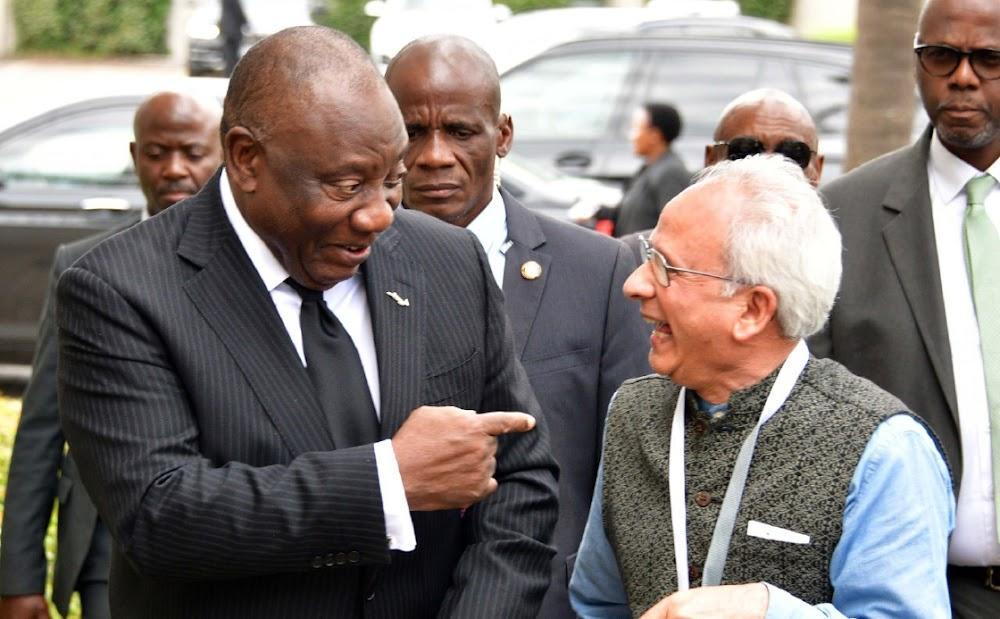Africa-Press – South-Africa. Prof Firoz Cachalia is set to be sworn in at the Union Buildings on Friday before taking up his new role of acting police minister, the Presidency has announced.
The announcement came just minutes after the Constitutional Court dismissed Jacob Zuma and MK Party’s court action challenging the imminent appointment of Cachalia as acting minister of police after President Cyril Ramaphosa’s decision to place Senzo Mchunu on leave of absence.
The case also sought to challenge the establishment of the Madlanga commission.
In dismissing the case, the ConCourt said Zuma and the MK Party had not made a case for why they directly approached the apex court before going to a lower court.
The handing down of the judgment on Thursday paved the way for both the Madlanga commission and the swearing in of Cachalia on Friday morning. Cachalia is expected to start immediately in Mchunu’s role.
Ramaphosa placed Mchunu on special leave after damning allegations against him by KwaZulu-Natal commissioner Lt-Gen Nhlanhla Mkhwanazi that he may have links to underworld criminals.
In placing Mchunu on leave, Ramaphosa said the allegations by Mkhwanazi had raised serious concerns about the constitution, the rule of law and national security.
“These allegations, if proven true, threaten to undermine the confidence of South Africans in the ability of the police to protect them and to effectively fight crime and corruption,” said Ramaphosa at the time.
In that address earlier this month, Ramaphosa announced that he would establish a judicial commission of inquiry chaired by acting deputy chief justice Mbuyiseli Madlanga, who retired on Thursday, to test the allegations.
He said the Madlanga commission will investigate allegations relating to the infiltration of law enforcement, intelligence and associated institutions within the criminal justice system by criminal syndicates. It will also investigate allegations of the:
facilitation of organised crime;
suppression or manipulation of investigations;
inducement into criminal actions by law enforcement leadership;
commission of any other criminal offences; and
intimidation, victimisation or targeted removal of whistle-blowers or officials resisting criminal influence.
“The commission will investigate the role of current or former senior officials in certain institutions who may have aided or abetted the alleged criminal activity; failed to act on credible intelligence or internal warnings; or benefited financially or politically from a syndicate’s operations. These institutions are the police, the National Prosecuting Authority, the State Security Agency, the judiciary and magistracy, and the metropolitan police departments of Johannesburg, Ekurhuleni and Tshwane,” said Ramaphosa.
“The commission will also investigate whether any members of the national executive responsible for the criminal justice system were complicit, aided and abetted, or participated in the acts mentioned above.”
For More News And Analysis About South-Africa Follow Africa-Press






